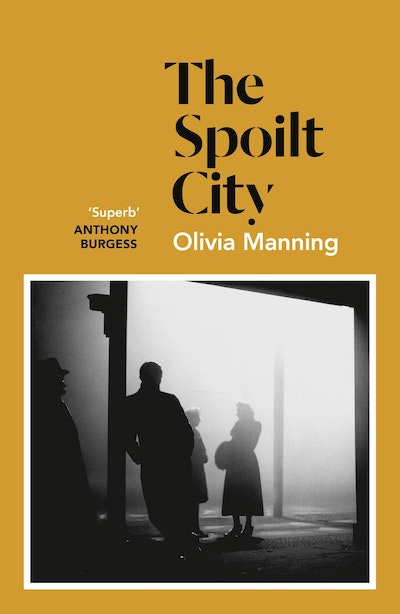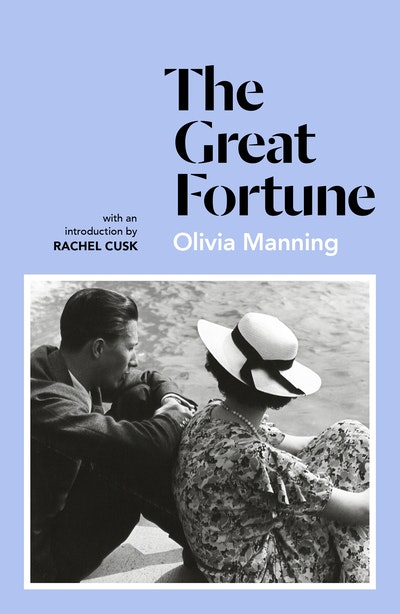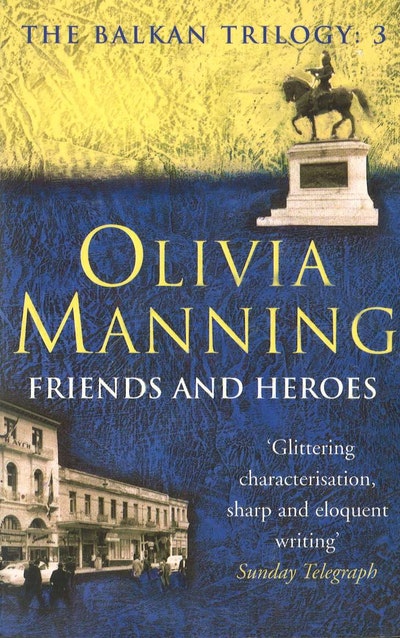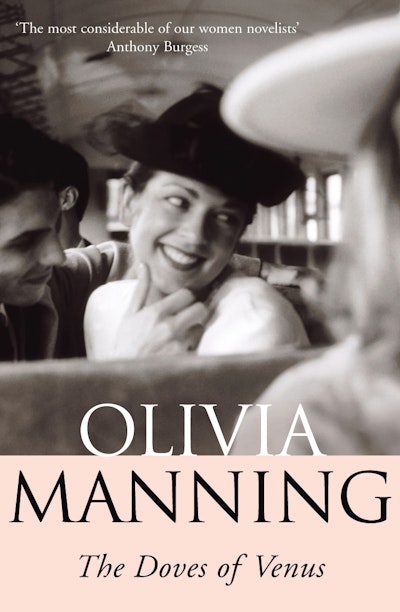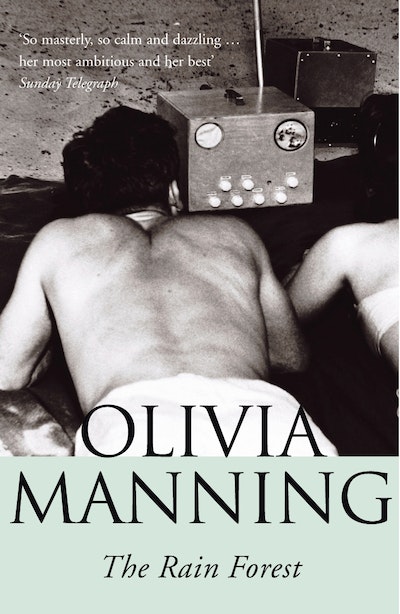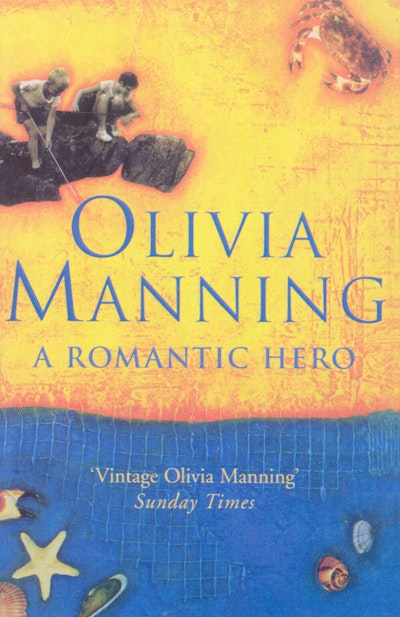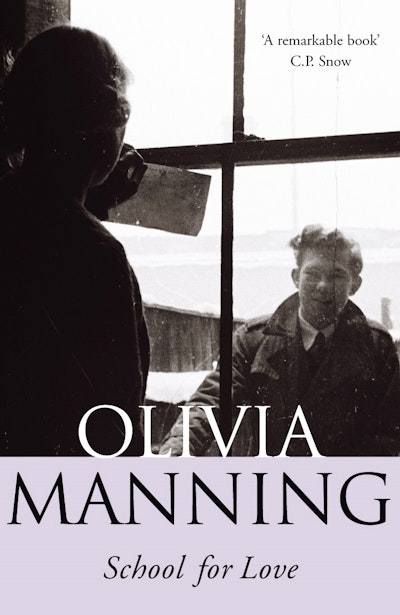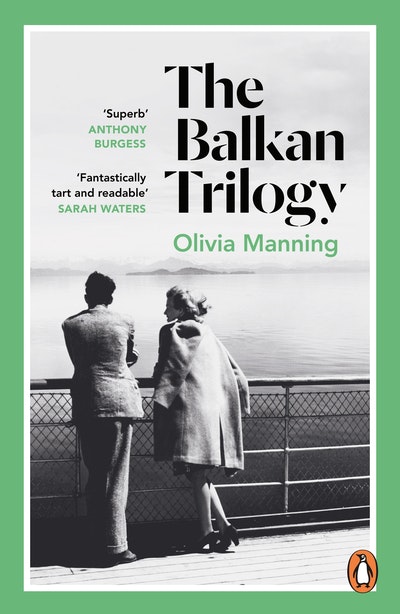The Spoilt City
The Balkan Trilogy 2
- Published: 31 August 2011
- ISBN: 9781446494578
- Imprint: Cornerstone Digital
- Format: EBook
- Pages: 368
Wonderfully entertaining
Observer
So glittering is the overall parade ... and so entertaining the surface that the trilogy remains excitingly vivid; it amuses, it diverts and it informs, and to do these things so elegantly is no small achievement
Sunday Times
A fantastically tart and readable account of life in eastern Europe at the start of the war
Sarah Waters
A delicate, tough, mesmerising epic that grabs you by the hand and takes you straight into war, flight, and a complex and vulnerable young marriage'
Louisa Young
Magnificent ... full of wit, sharp insight and vivid description.
The Times
One most salute the brilliance ... the exactness of sights and sounds, the precise touches of light and scent, the gestures and entrances.
Guardian
I shall be surprised, and, I must admit, dismayed if the whole work is not recognized as a major achievement in the English novel since the war. Certainly it is an astonishing recreation.
New York Times
Glittering characterisation, sharp and eloquent writing.
Sunday Telegraph
An important 20th-century writer who paints a complex relationship between gender and power with wit and sensitivity.
Lauren Elkin, author of Flâneuse
Lush and lyrical - and darkly funny even at its most gut-punching - Olivia Manning's Balkan Trilogy manages to simultaneously be a sweeping panorama of a Europe in crisis and a discomfitingly intimate portrait of a no-less-broken marriage.
Tara Isabella Burton, author of Social Creature
An addictive, gripping literary saga ... A sharp portrait of a young marriage under pressure and a vivid picture of being a Brit in an increasingly hostile and impoverished corner of Europe.
The Times
Olivia Manning takes autobiographical writing to a refreshingly new dimension. In The Balkan Trilogy she follows the well-worn mantra that authors should write about what they know, but she does so without sounding self-centred, a quality that so often dogs memoirs. Her's reads like wholly invented fiction with made-up, yet believable characters. It has been such a joy to re-read Manning's Trilogy...Manning's characterisation throughout the Trilogy is excellent. Her most astute depiction of a person in genuine inner conflict with himself is Guy Pringle...The author's depiction of Bucharest and the places Harriet and Guy visit are bold and colourful.
Bookmunch
